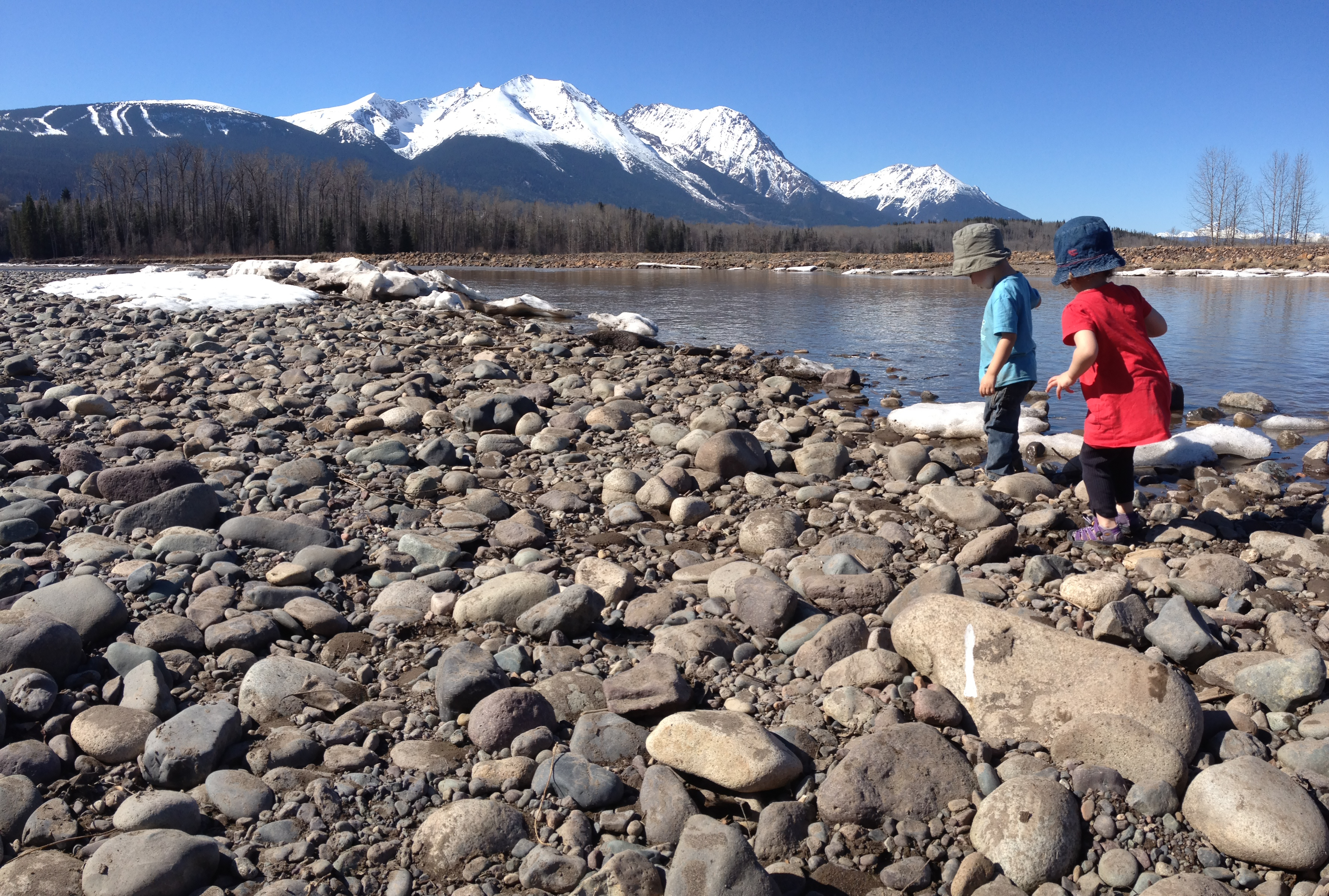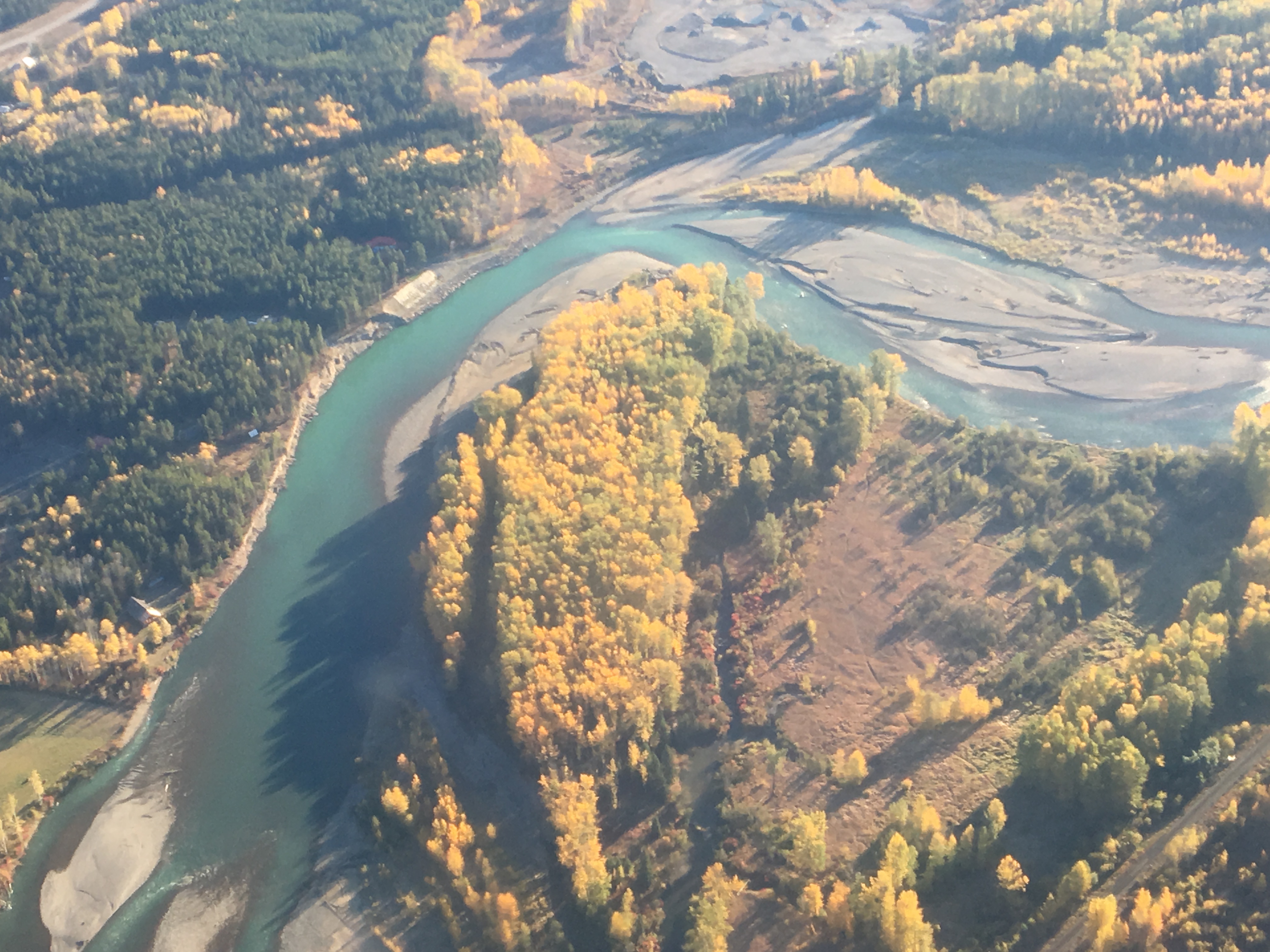Northern B.C. is vast and remote from urban centres. Yet a mine built in salmon headwaters or a logging road cut through essential caribou habitat can have sweeping consequences—for drinking water, Indigenous traditions and the health of entire ecosystems and for everyone downstream.
Deciding what, when or where projects are approved has long-lasting implications for the region. Northern Confluence works to improve land use decisions in northern British Columbia. We support First Nations land use planning and resource policies, and are working with the BC government on its commitment to modernize land use plans, including by participating in a number of regional stakeholder processes. We advocate for using all tools available to improve land stewardship, such as Water Objectives in the Water Sustainability Act and Ecologically Significant Areas in the Fisheries Act.
Land use planning establishes a shared vision and provides greater certainty
The province of B.C. conducted land use planning in the north in the 1990s and early 2000s. Yet these plans did not always acknowledge First Nations rights or governance. And they did not remain living documents that got updated.
Having comprehensive plans in place that identify which lands are protected and which areas might be open for development helps all parties communicate when new industrial projects are proposed. It offers more certainty for everyone, from industry representatives in Vancouver to families living on a northern salmon river.







![Northern Confluence [logo]](/wp-content/uploads/2019/02/northern-confluence-reverse.png)